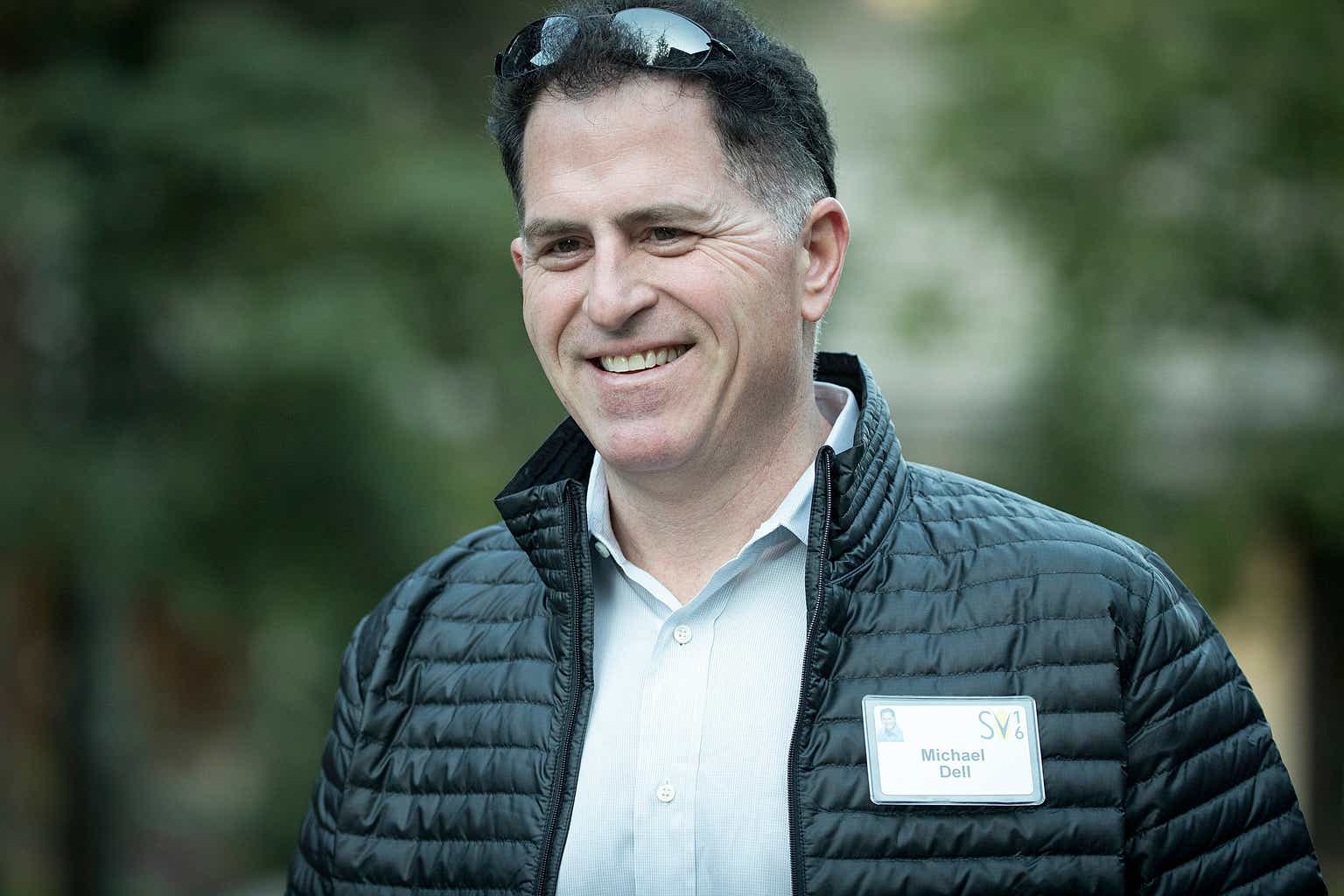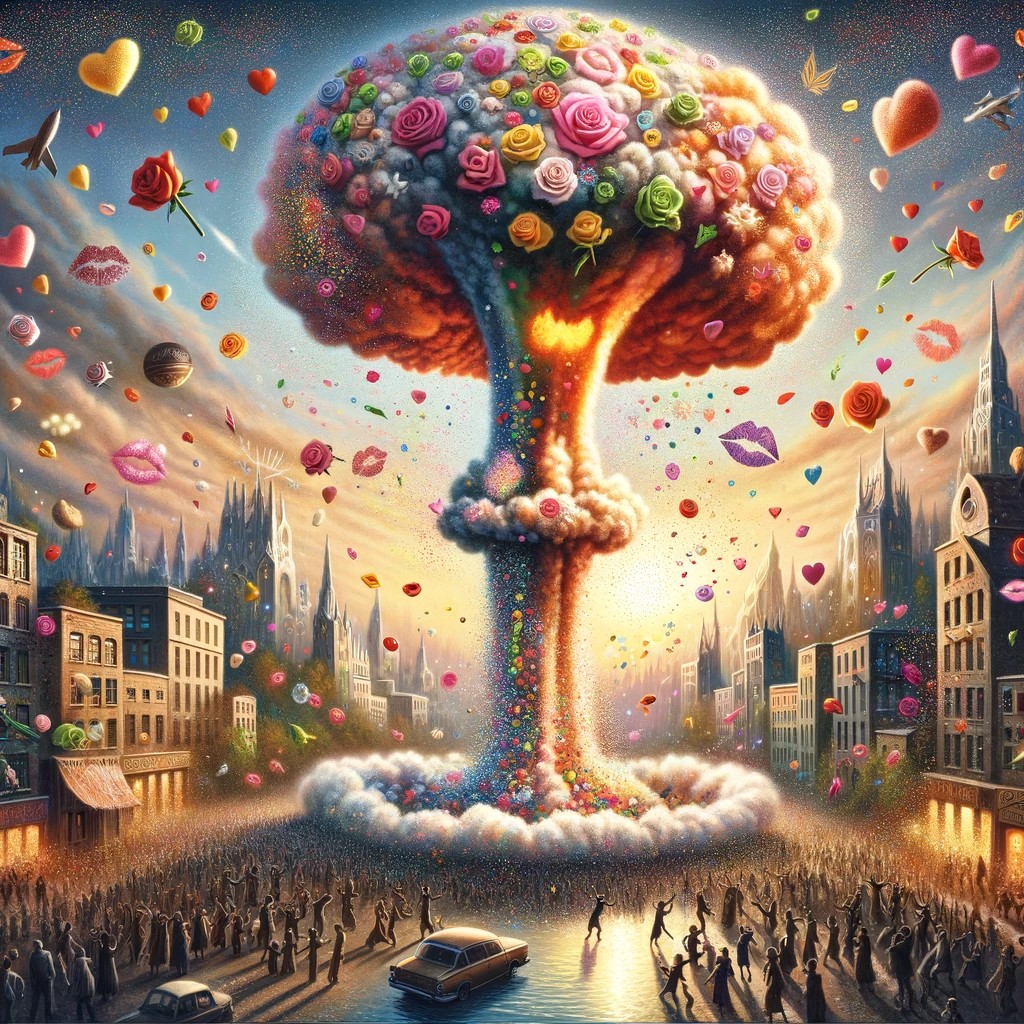While the dust raised by Pakistan’s most contested general elections has almost settled, the wind still swirls over the question of its real winners and losers. Observers might be forgiven for wondering why. The elections were, after all, billed by its organisers as a free and fair democratic exercise. As such, there should have been no room for doubt: Those with the most votes are winners and those who fall short must accept defeat. The rules are formalised by inviting winners to test their majority and form a government.

While the dust raised by Pakistan’s most contested general elections has almost settled, the wind still swirls over the question of its real winners and losers. Observers might be forgiven for wondering why. The elections were, after all, billed by its organisers as a free and fair democratic exercise. As such, there should have been no room for doubt: Those with the most votes are winners and those who fall short must accept defeat. The rules are formalised by inviting winners to test their majority and form a government.
Events in Pakistan since the February 8 elections have upended these neat suppositions. The Pakistan Tehreek-i-Insaf (PTI) led by former prime minister Imran Khan, currently serving several jail sentences, won the largest number of seats (93). Yet his party is still fighting for the right to form the next government.
Its misfortunes stem from a string of explosive claims.
The most serious involve allegations of widespread electoral fraud overseen by authorities acting at the behest of Pakistan’s powerful military establishment. It was said to be determined to keep Khan, its erstwhile protégé, out of power following a dramatic falling out in 2022 and has been accused of skewing the electoral landscape to achieve its objectives. When these plans threatened to go awry with results pointing to a clear win for independent candidates backed by Khan, orders were apparently issued to manipulate the final count and divest the PTI of a majority. Though yet to be fully substantiated, these desperate measures have since fuelled claims of a military that stands irreversibly defeated, with its gameplan in tatters.
Such wishful thinking rested on expectations that the established practice of a democratic election — however flawed — would still hold up. There were some grounds for optimism.
The PTI, which had been forced to field independent candidates after a court ruling denied it the use of its iconic election symbol — the bat — fought back by announcing that it would merge with the little-known Sunni sectarian party, the Sunni Ittehad Council (SIC) to forge a cohesive parliamentary bloc. Although the SIC itself had no parliamentary representation — having failed to win any seats — the PTI was undeterred and sought to use its merger with the SIC to claim reserved seats for women and minorities, allocated to winning parties on a proportional basis, in an attempt to boost its numbers.
The PTI’s gamble did not pay off. On March 4, the Election Commission of Pakistan (ECP) announced that it had rejected the petition filed by the SIC following the merger for the allocation of reserved seats on grounds of “non-curable legal defects”.
Events elsewhere were also putting to rest illusions of a democratic transition. On February 20, the Pakistan Muslim League-Nawaz (PML-N) and the Pakistan People’s Party (PPP), which had emerged as the second- and third-largest parties with 75 and 54 seats, respectively, announced they had reached an agreement on a coalition government.
But the alliance led by former interim prime minister Shehbaz Sharif of the PML-N, who was elected prime minister for the second time on March 3 and sworn in on Monday, masked simmering tensions between its two main partners. Cobbled with the help of a handful of smaller parties, the partnership got off to a shaky start when the PPP indicated that it would refuse to serve in any government led by PML-N chief, Nawaz Sharif.
His anointment as prime minister for a historic fourth term had been seen as a foregone conclusion on the assumption of a sure win for the PML-N and reports of a thaw in his relations with the military after years of mutual suspicion.
However, the split mandate delivered by voters proved to be a crushing defeat for Nawaz Sharif. Although he had signalled his reluctance to lead a coalition government, the election results clearly sealed his decision.
It is likely to have been welcomed by the military, which could not have relished the prospect, so soon after the election debacle, of managing another political leader with a known taste for challenging military supremacy.
No such risk is attached to Shehbaz Sharif. As interim prime minister Shehbaz did not disappoint. Known as a pragmatist ready to widen the space for military influence, his notable concessions included the 2023 Army Act allowing civilians to be tried by military courts and the creation of the Special Investment Facilitation Council formalising the army’s role in economic decision-making.
Judged from this perspective then, the election results were as much a decisive advance by the military in taming the residual ambitions of an ascendant PML-N as a temporary setback in its aim to cripple the PTI.
But the most immediate beneficiary of this outcome — while the military takes time to nurse wounds inflicted by its electoral missteps — is the PPP.
It has emerged as the real winner of the 2024 general elections.
Under the canny leadership of Asif Ali Zardari, the PPP drove a hard bargain with the PML-N by offering mere conditional support to the coalition on a “case-by-case basis”. It has also refused all ministerial posts — seen as calculated to avoid being party to unpopular decisions needed to fix the economy and no doubt to raise questions about the longevity of a fractious and fragile coalition. But the PPP’s ultimate trump card lay in securing the PML-N’s agreement to back its bid for top constitutional positions, notably an unprecedented second five-year term as president for Zardari, who held the office in 2008-2013.
If elected on March 9, as seems certain, the PPP under Zardari can be guaranteed to frequent the corridors of power long after the tenure of its political rivals in government may be abruptly cut short.
Farzana Shaikh is associate fellow, Asia Pacific Programme, Chatham House, London. The views expressed are personal
















